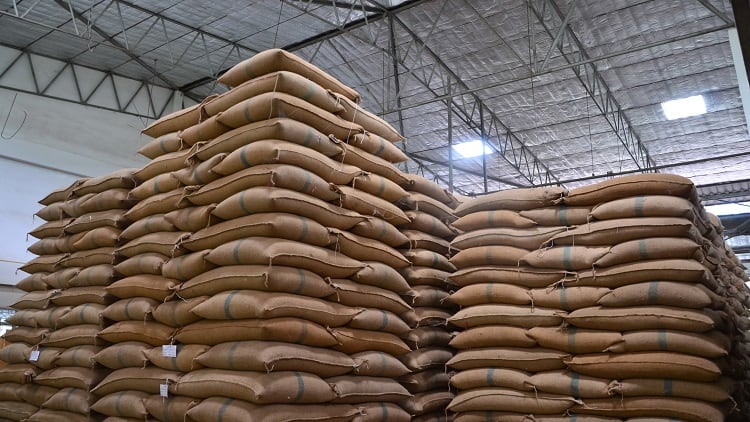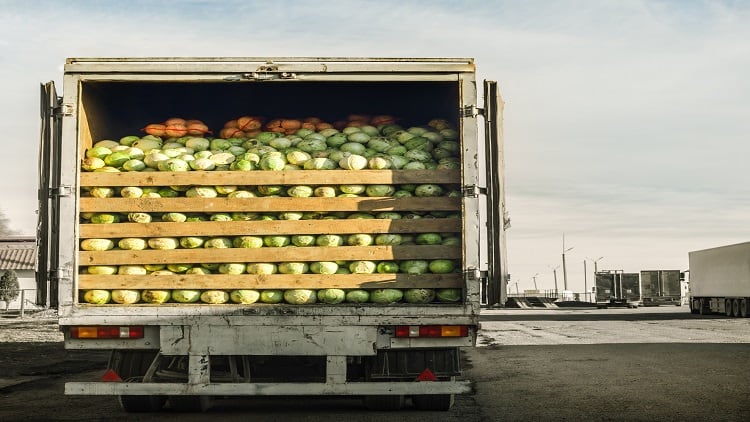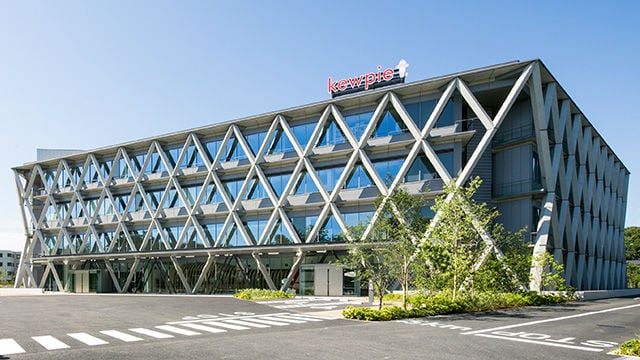The figures released by Japan’s Ministry of Agriculture, Forestry and Fisheries this month showed that the country’s food export is on its recovery following the Fukushima nuclear disaster seven years ago.
Food wise, beef exports grew the most, with export value rising by 37.4% to reach 10.8 billion yen. In terms of fruit exports, apple was the most popular, with export value rising by 45.8% to reach 5.9 billion yen.
Exports of processed food such as instant noodles also increased by 10.8% to reach 2.9 billion yen.
Countries wise, Hong Kong was the top export destination, with exports growing 17.3% to reach 98.5 billion yen.
This is followed by China, with 65.8 billion yen, the United States, with 55.9 billion yen, Taiwan, with 42.1 billion yen, and South Korea, with 30.5 billion yen.
The Japanese government had aimed to increase annual farm exports to 1 trillion yen in 2019. To do so, the agriculture ministry and the trade ministry had established a joint team in July to expand food exports.
More cooperation
Chief Executive of China's Hong Kong Special Administrative Region Carrie Lam said that Hong Kong would closely monitor the situation of the import of Japanese food to ensure food safety.
At a meeting with Japan’s visiting Minister of Agriculture, Forestry and Fisheries Ken Saito on Friday (August 17), Lam said that Hong Kong would closely monitor the situation of the import of Japanese food and maintain communication with the ministry to ensure food safety and safeguard public health.
Saito has attended Hong Kong’s Food Expo organised by the Hong Kong Trade Development Council for the second time.
“Regardless of any restrictions, our exports to Hong Kong are continuing to expand. We sincerely hope that thanks to (the food expo), there will be a further increase in our exports to Hong Kong,” he told the Japan Times.
Last month, Hong Kong had lifted import bans on vegetables, fruits, milk, milk beverages and dried milk from four Japanese prefectures, namely Ibaraki, Tochigi, Chiba and Gunma following confirmation of safety and implementation of a gatekeeping system.
Trading is allowed as long as the exporter can provide an exporter certificate and a certificate attesting that their radiation levels comply with the guidelines.
The ban on food from Fukushima Prefecture remains in place.




